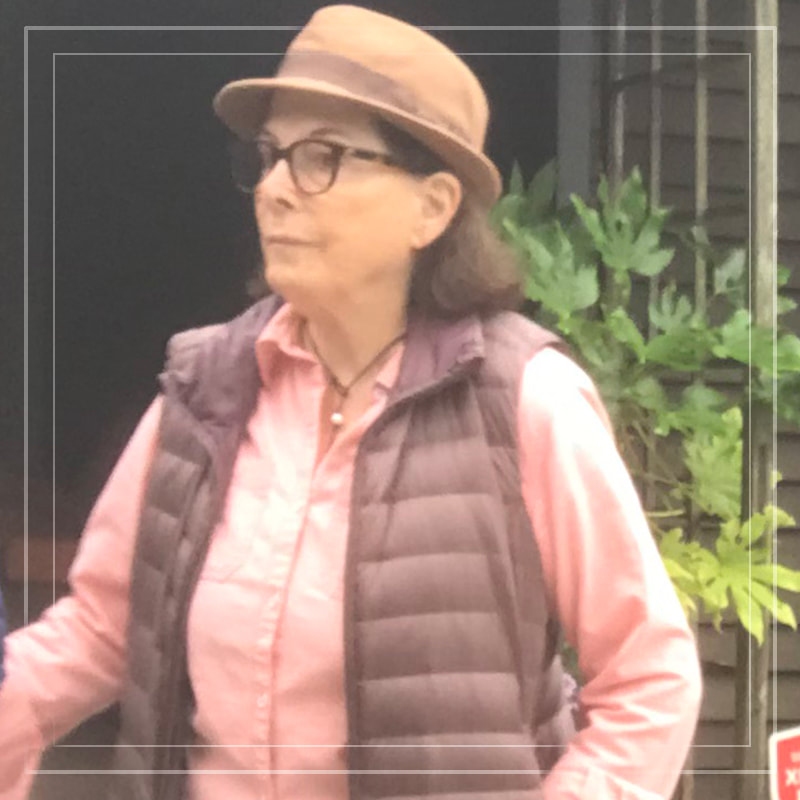Why is it so hard to have a chat?
1) Do you try to figure out what the other person wants you to say instead of just saying what you mean? 2) Do you have to convince someone else of your opinion no matter what he or she thinks? 3) Do you judge the other person, even slightly, as unimportant? I was talking to a corporate executive who asked me why a manager in her company wouldn’t speak to her when there were problems in production. I asked her how she listened to him the last few times he brought a challenge to her attention. When she started to reflect on her approach, it became clear why he stopped talking to her. How many times does someone want to be yelled at before they decide they can’t have a conversation with you? Angry people often tell me they are just passionate. Maybe not! It could be an inability to discuss anything that questions your authority. The question to ask yourself is, would you rather be right than have a meaningful conversation? A conversation comes from the ability to converse. The origin of the word comes from an old French verb, converser, and means to keep company with. If the outcome of each conversation were enhancing your ability to keep company with the other person, then every conversation would have the intention of deepening the connection with the people you talk to, as well as getting stuff done. Not all conversations are easy to have. Most likely, the most comfortable conversations happen when there’s nothing at stake. When what you value is at stake, you up the odds on the importance of any discussion. How do you have a conversation that makes a difference both in results and relationships? 1) Put other people at ease. Do you know anyone that as soon as they walk in the room, people relax? What comes in with them? The ability to listen to anything, the truth, feedback, or commentary. The older I get, the more I realize how hard it is to listen without defense. And yet I also know that it’s the core of developing an ability to build relationships. Why would you defend? What are you protecting? If you think about it, it’s usually an image that says you’re smart, skillful, and resourceful. You’re enough. Why would anyone doubt it? Here’s where you can practice. Get in a car and drive with someone. Do they tell you where to turn, how fast to go, when to change lanes, or put their foot on the imaginary brakes on the passenger side? How do you respond to that? With love and gratefulness for someone caring enough to give you information? Not likely! Instead, take a breath, say thank you. Put yourself in situations where you regularly get feedback. You’ll grow in your ability to consider what someone is saying. With practice comes a certain detachment from your point of view that allows you to listen with greater ease. Practice responding in ways that acknowledge you’re listening. Great conversationalists put the other person at ease so a meaningful conversation can emerge. 2) Use a little more TLCC. I wrote a blog on tender loving care and civility, but here I want to focus on civility. Civility means politeness and courtesy in behavior or speech. Civility allows you to bring generosity and graciousness to conversations. For me, there’s nothing more generous than allowing another person to express their point of view without interruption or correction. It lays the foundation for a genuine inquiry into the subject of the conversation. Just asking a question like, what happened, and listening to the response, can inform a new strategy or deepen a work or personal relationship. If your internal reaction is, I can’t listen to this, ask yourself what the conversation threatens. Is it your sense of security? If you take the case that if you don’t talk about it, it doesn’t exist, you may be living a delusion of security. There are wisdom and risk in not having to know the outcome of a conversation before you have it. You mitigate the risk with fearless listening. When someone is fishing for agreement, and the pole is baited with judgments, don’t bite the hook! You’ll experience enormous freedom to ask questions, and look beneath the surface of a comment, and leave a conversation complete. Be a leader in the civility department, even when others are not. 3) Don’t jump to conclusions. You only jump to conclusions because you think you already know what’s right and best for you and the other person. Stay in the conversation a little longer and be curious. When someone gives you feedback that you don’t want to hear, take a breath, and ask a well-placed question. Just saying tell me more, can afford you the opportunity to consider that it takes courage for someone to give you feedback and that they intend to help you be great. I’ve noticed that sometimes you’ll get the essential part of a conversation at the very end, when time may have run out for any further dialogue. Don’t be put off by this practice. You can deepen your connection by saying, this is important, let’s continue this conversation. I’ll call you tomorrow. If you happen to be the speaker, why would you wait until the last minute to say what you’ve wanted to say all along? Concern about the response from the other person? You’re only delaying a conversation that probably needs to happen. Listening is the key to unlocking any response. Kindness is the key to listening. Let’s all bring the practice of putting people at ease, generous listening, civility, and a “be here now” curiosity instead of any defensive posturing. Of course, the first step is being aware of your responses and quickly shifting, when needed, to a conversational, we’re in this together, way of speaking. Have great conversations today! May your day be peaceful and productive. |
�
Paulette Sun Davis
|




 RSS Feed
RSS Feed